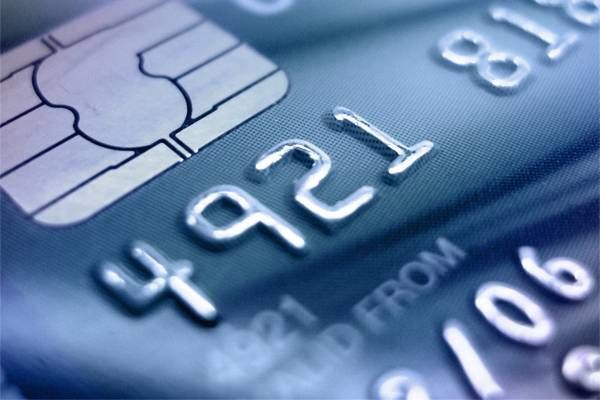Live
- GMR Airports Unveils AI-Powered Digital Twin Platform to Transform Airport Operations
- India poised to become leading maritime player: PM Modi
- Top Causes of Kidney Stones and How to Recognize Silent Symptoms
- India’s renewable energy capacity logs 14.2 pc growth at 213.7 GW
- Winter Session of Odisha Assembly adjourned sine die
- Biden calls Trump's tariff approach 'major mistake'
- After Drama Over Eknath Shinde’s Chief Minister Race, Maharashtra Cabinet Formation Faces New Tensions
- Egyptian FM, Blinken discuss recent developments in Syria
- Iran's supreme leader says Syria's developments result of US-Israeli 'plot'
- Elon Musk to Purchase $100 Million Luxury Mansion Next to Donald Trump's Mar-a-Lago, Report Reveals
Just In
How Tech Advancements Can Help Prevent Credit Card Frauds


What is a credit card? This question is redundant in today's times where everybody we know owns a credit card, regardless of whether they use it or...
What is a credit card? This question is redundant in today's times where everybody we know owns a credit card, regardless of whether they use it or not.
The benefits of credit cards are known to all. It is an excellent financial product which can be used for smaller purchases such as groceries as well as big-ticket purchases such as TVs, and travel packages. Agreed that it is a beneficial tool, but credit card information may be vulnerable to credit card frauds.
If you are worried about keeping your credit card information safe, these 4 tech advancements can safeguard you from credit card frauds. Read on to know more.
1. Fingerprint Match
Mastercard tested a biometric fingerprint scanner in South Africa. They are going to try this technology in Europe and Asia as well before rolling it out worldwide. So how does biometric logging work? When a cardholder registers the credit card with the bank, the cardholder's fingerprint is taken and then it is converted into an encrypted digital template.
So, when the cardholder makes a payment at a store by dipping the card at the retailer's terminal, the embedded sensor identifies the fingerprint and approves the purchase once the fingerprint is matched.
2. Location Match
If you have tried using your credit card while traveling, you may have experienced your card being declined. That's because your card issuer looks at the foreign purchase as unlikely and declines the transaction assuming that the card is stolen.
With the advances in technologies, the card issuer now uses your mobile's location to verify your location. When you make a purchase using your credit card, the card issuer compares the location of your transaction to the location of your phone. If the two locations match, your transaction is approved.
3. Temporary Hold on Account
If you have misplaced the credit card, but are not sure that's stolen, you usually report your credit card lost and place a permanent block on the card. Once your credit card is blocked. it may take days for the new card to arrive.
But now, with technology seeping into the financial sector, you can place a temporary block on your credit card to avoid unauthorized transactions. If you manage to find your card, you can instantly unlock it and start using it immediately.
4. Chip Technology
Many credit cards today have a chip embedded in them. This chip is called an EMV chip. It is a technology that has been introduced to prevent credit card frauds.
Earlier a magnetic strip was used to read the card number without encrypting the card number first, making your credit card information vulnerable to safety threats.
An EMV card encrypts transactions and then assigns a one-time code to each purchase you make. The code expires the moment you make the payment. These one-time codes make it difficult to steal credit card information.
That said, credit cards with EMV chips aren't without loopholes. An EMV card can only protect your information when the chip is dipped into the card reader. If your local store doesn't have a chip reader, your card may be swiped by sliding the magnetic strip, which cannot provide you the protection.
Also, EMV cards only protect transactions made in person, not the ones made online, thus making your credit card information vulnerable to security threats.
While it is assuring that technology provides better protection against credit card fraud, it is always better to be alert and report unauthorized transactions as soon as you see them.
We live in the digital age; there's always the fear of our data being compromised. So, be on your guard, always!

© 2024 Hyderabad Media House Limited/The Hans India. All rights reserved. Powered by hocalwire.com






